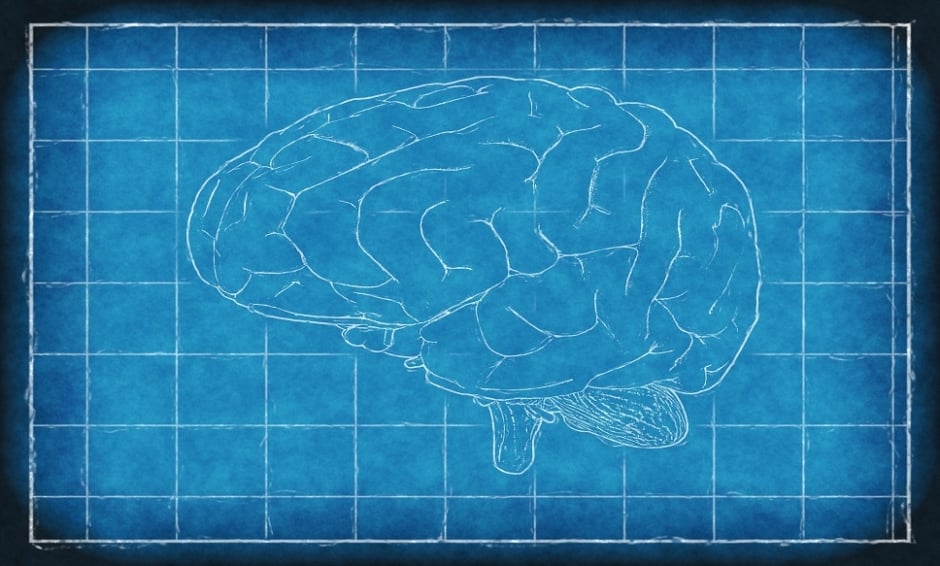DEFICIENCY of the prohormone covertase (PC1) enzyme in the brain has been linked to the neuro-hormonal abnormalities found in patients with Prader-Willi syndrome (PWS), providing a new target for drug therapies.
At the Columbia University Medical Center (CUMC) in New York City, New York, USA, Dr Lisa Burnett and her colleagues identified this deficiency by analysing stem cell-derived neurons taken from PWS patients. The team found significantly lower levels of PC1 in the patient cells compared to control groups. These neuron cells were also found to have much lower levels of a protein, produced by the NHLH2 gene, which is also involved in the production of PC1.
“While we have known for some time which genes are implicated in PWS, it has not been clear how these mutations actually trigger the disease,” commented Dr Burnett. “Now that we have found a key link between these mutations and the syndrome’s major hormonal features, we can begin to search for new, more precisely targeted therapies.” The team confirmed the results of their analysis in transgenic mice that do not express the SNORD116gene, which is made absent in a region of chromosome 15. This is the same region where the loss of active genes causes PWS. The researchers found that the mice also had NHLH2 and PC1 deficiencies while also displaying the abnormalities seen in PWS.
“The findings strongly suggest that PC1 is a good therapeutic target for PWS,” said Dr Burnett. “There does not seem to be anything wrong with the gene that makes PC1, it is just not getting activated properly. If we could elevate levels of PC1 using drugs, we might be able to alleviate some of the symptoms of the syndrome.” PWS is a rare genetic condition that can cause a wide range of abnormalities. These problems include a constant desire to eat food, driven by a seemingly insatiable hunger. The syndrome does not currently have a cure, and existing therapies are often ineffectual.
Jack Redden, Reporter








